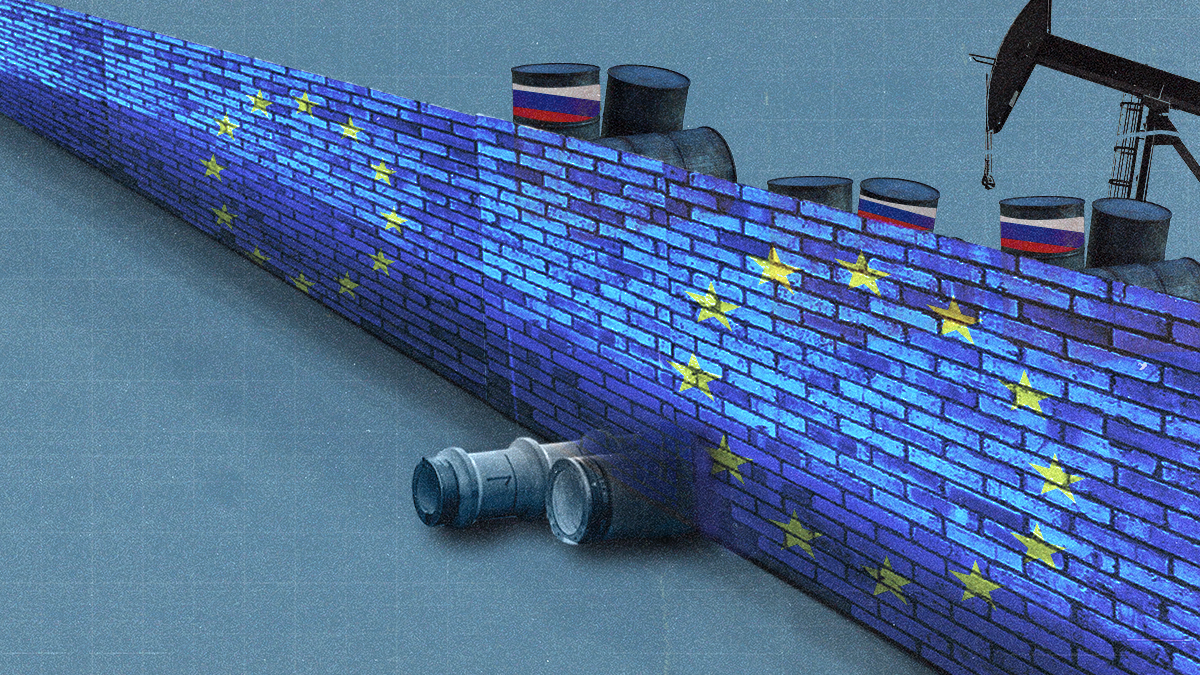Hard Numbers: Russian oil cap not really capping, US air travel chaos, South Africans powerless, Egyptian pound plummets, meth pigeon has landed
171.9: The European Union’s recent $60 price cap for Russian oil is costing the Kremlin $171.9 million a day. That sounds like a lot, but Moscow is still raking in more than half a billion dollars daily from fossil fuels. Critics of the cap say it’s too close to the actual price that Russia gets for its oil on the open market anyway.
10,000: A glitch in the FAA's pilot alert system canceled 1,300+ flights and impacted more than 10,000 the US on Wednesday. Officials rebooted the system, noting there was no sign of a cyberattack, but the incident caused travel chaos just two weeks after Southwest Airlines suffered tech issues that left hundreds of travelers stranded over the holidays.
8: Most South Africans now face up to eight hours a day without power, as the country’s ramshackle state energy firm deepens power cuts just to keep pace with demand. President Cyril Ramaphosa pledged to fix the problem when he was elected.
32: The Egyptian pound plunged below 32 to the dollar for the first time after the country floated its exchange rate as part of a loan agreement with the IMF. The IMF often requires countries do this in exchange for loan packages, because artificially propping up a currency can quickly drain a country’s reserves.
30: You’d think that discovering a pigeon wearing a backpack is crazy enough. Because it is. But officials at a Canadian prison recently not only discovered a pigeon in the yard wearing a backpack but also that the backpack was stuffed with … 30 grams of crystal meth. What should the pigeon’s name be? Let us know here.
